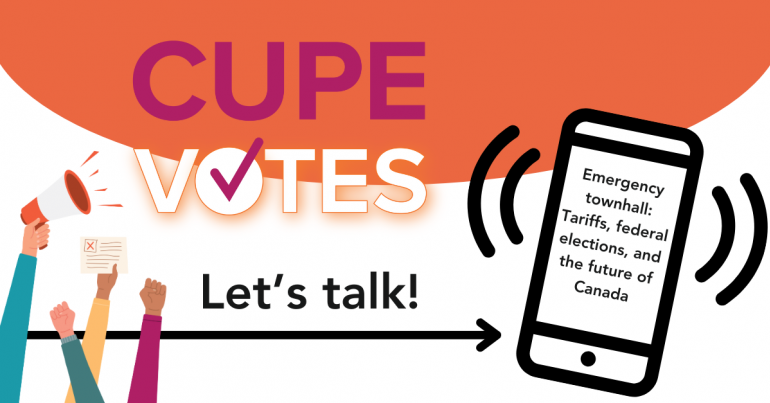 The election system in Canada is outdated and unfair, leaving many Canadians feeling like their votes don’t matter.
The election system in Canada is outdated and unfair, leaving many Canadians feeling like their votes don’t matter.
Why it matters
- With the first-past-the-post system (FPTP), parties regularly win majority governments with a minority of the vote – sometimes as little as 39% of the overall vote.
- Other parties end up with few or no seats, even when a substantial number of Canadians have voted for them.
- Instead of voting for the party that represents their views best, many voters feel they must vote for “the lesser evil” to prevent a party they don’t support from gaining power.
How current policy is falling short
- Last election, Justin Trudeau promised that, if elected, the 2015 election would be the last under first-past-the-post. Now that the Liberals are elected and have 100% of the power, they have turned their back on this promise.
- Research shows that proportional representation (PR) would be the best option to make the voice of Canadians better reflected in the governments they elect. Under PR, the number of seats a party wins is directly tied to its support on election day. For example, under PR, if you win 20 per cent of the vote, you get 20 per cent of the seats. To contrast, in 2015, the Liberals won 54 per cent of the seats with only 39 per cent of the vote.
- Research also shows that, on average, countries with proportional representation have a 7 per cent higher voter turnout; policies in countries with PR tend to be more stable, and there is no difference in frequency of elections.
- Under FPTP, parties with a lot in common spend too much of their time attacking each other. With PR, parties must work together, and cooperation between parties in a coalition or other cooperative agreement – shared credit and shared accountability – becomes the norm.
What should be done
- Parties should commit to replacing the current unfair and unbalanced first past the post system with a proportional representation system.



